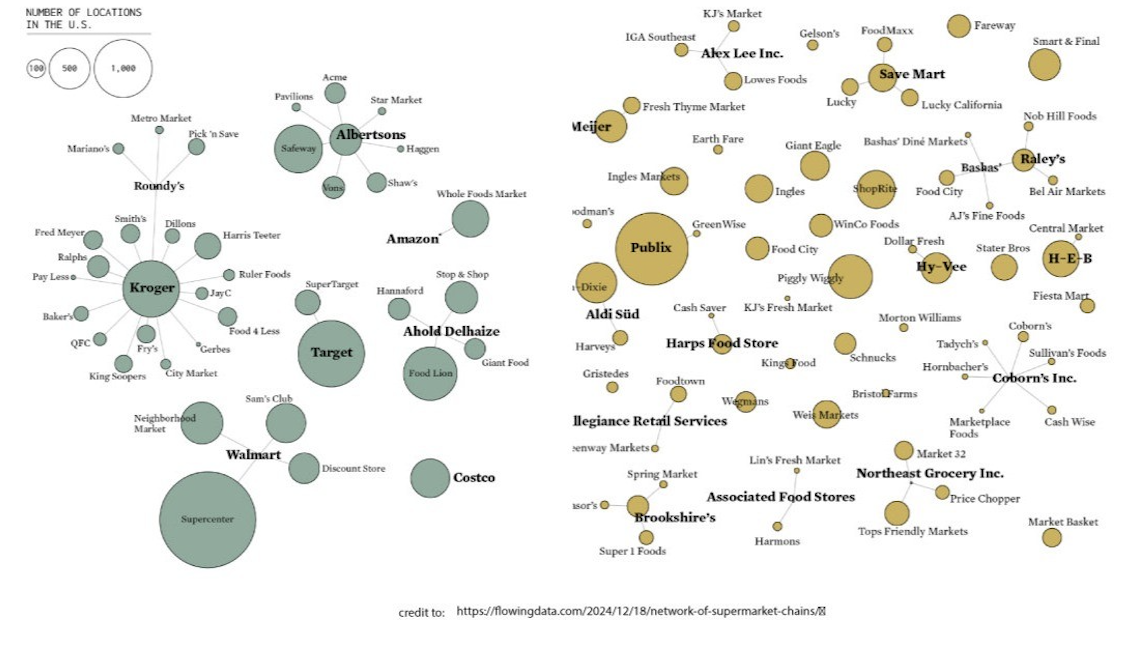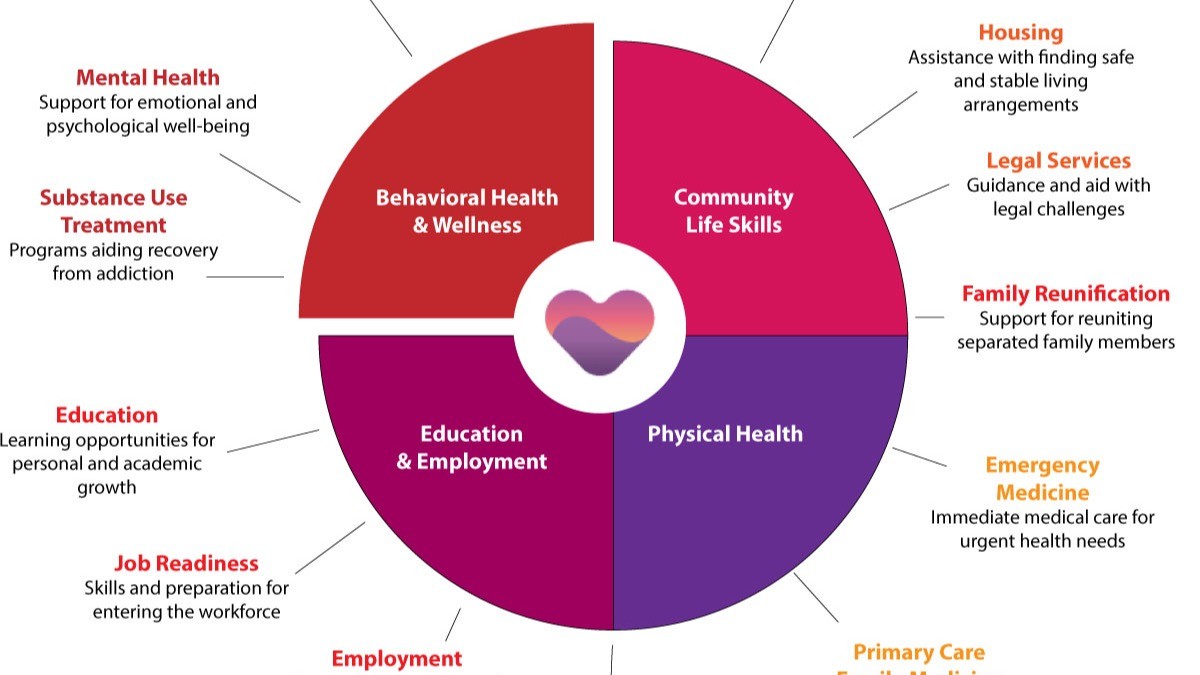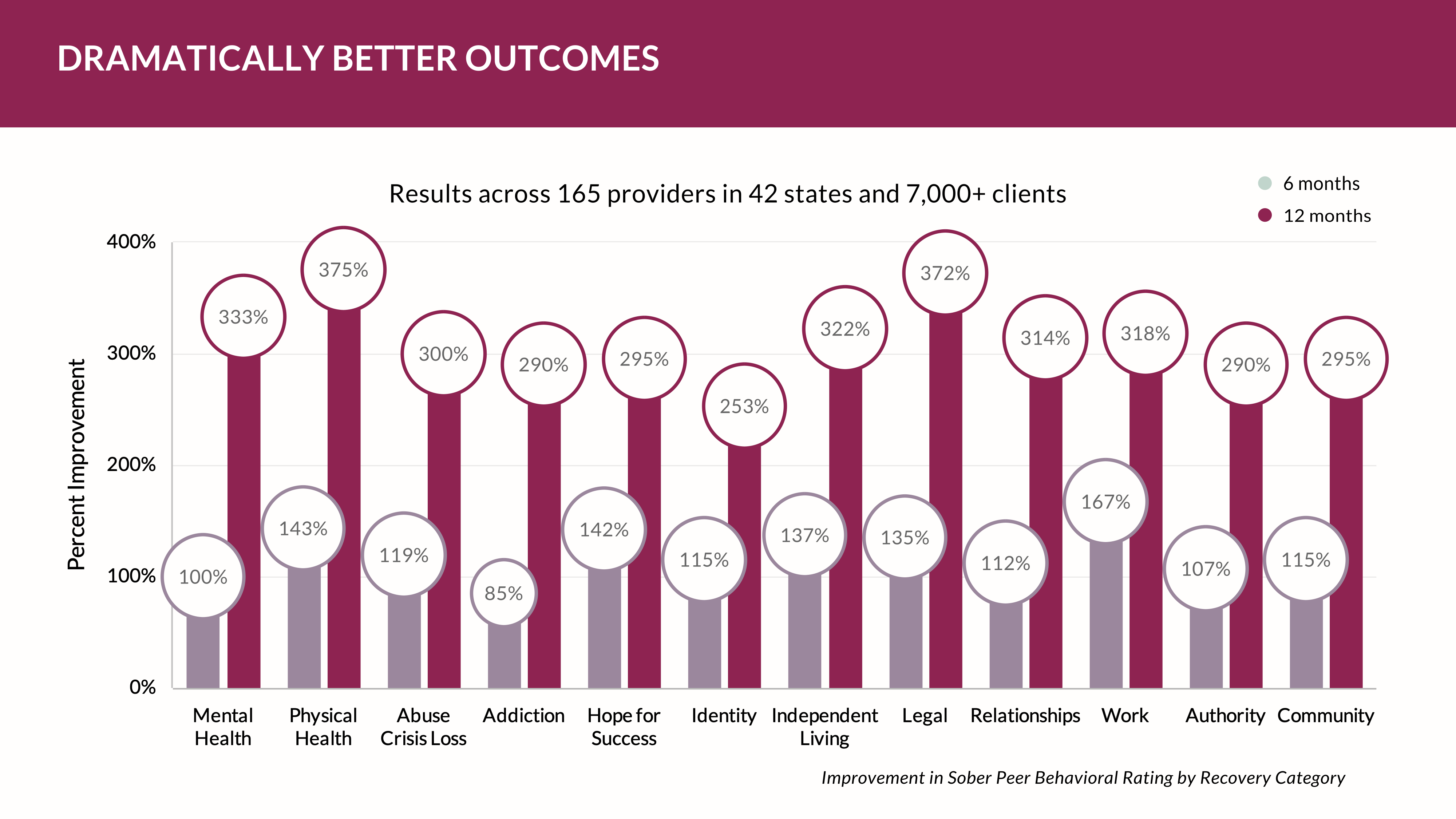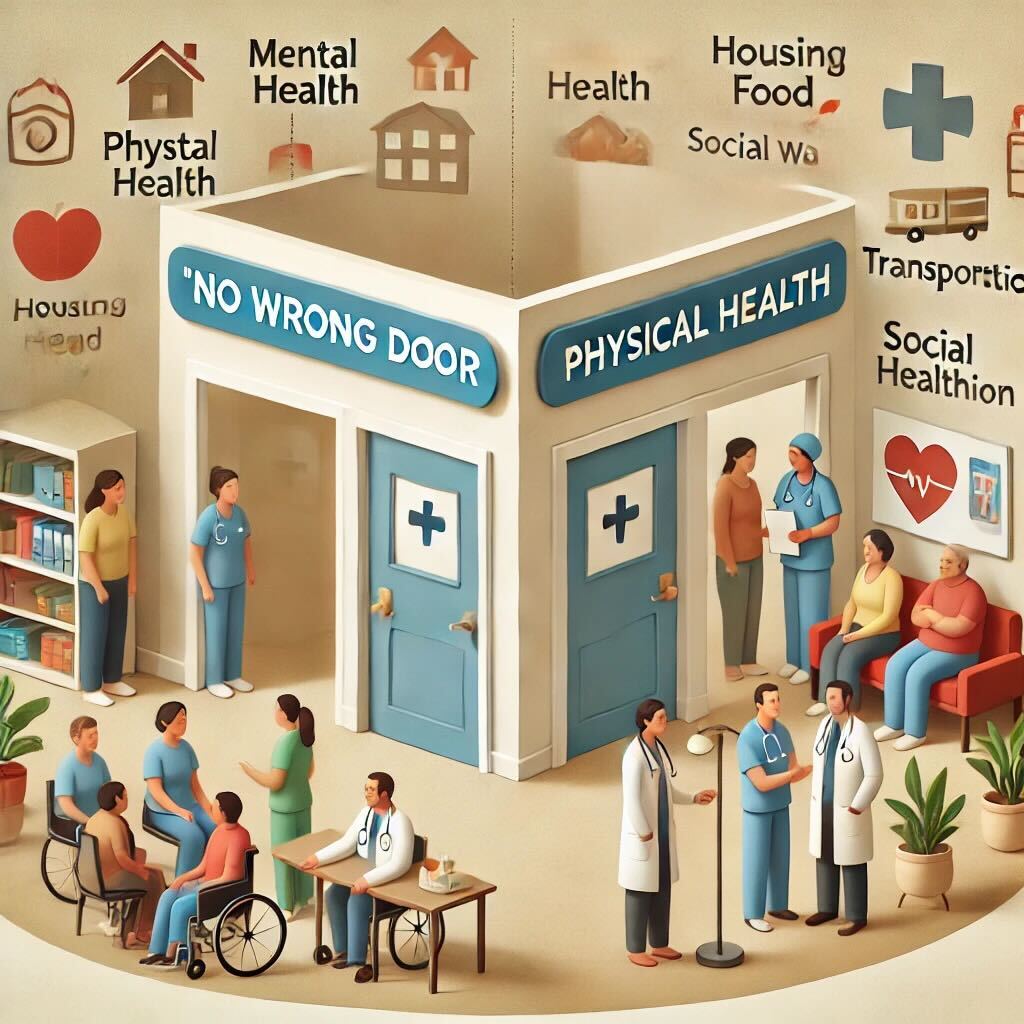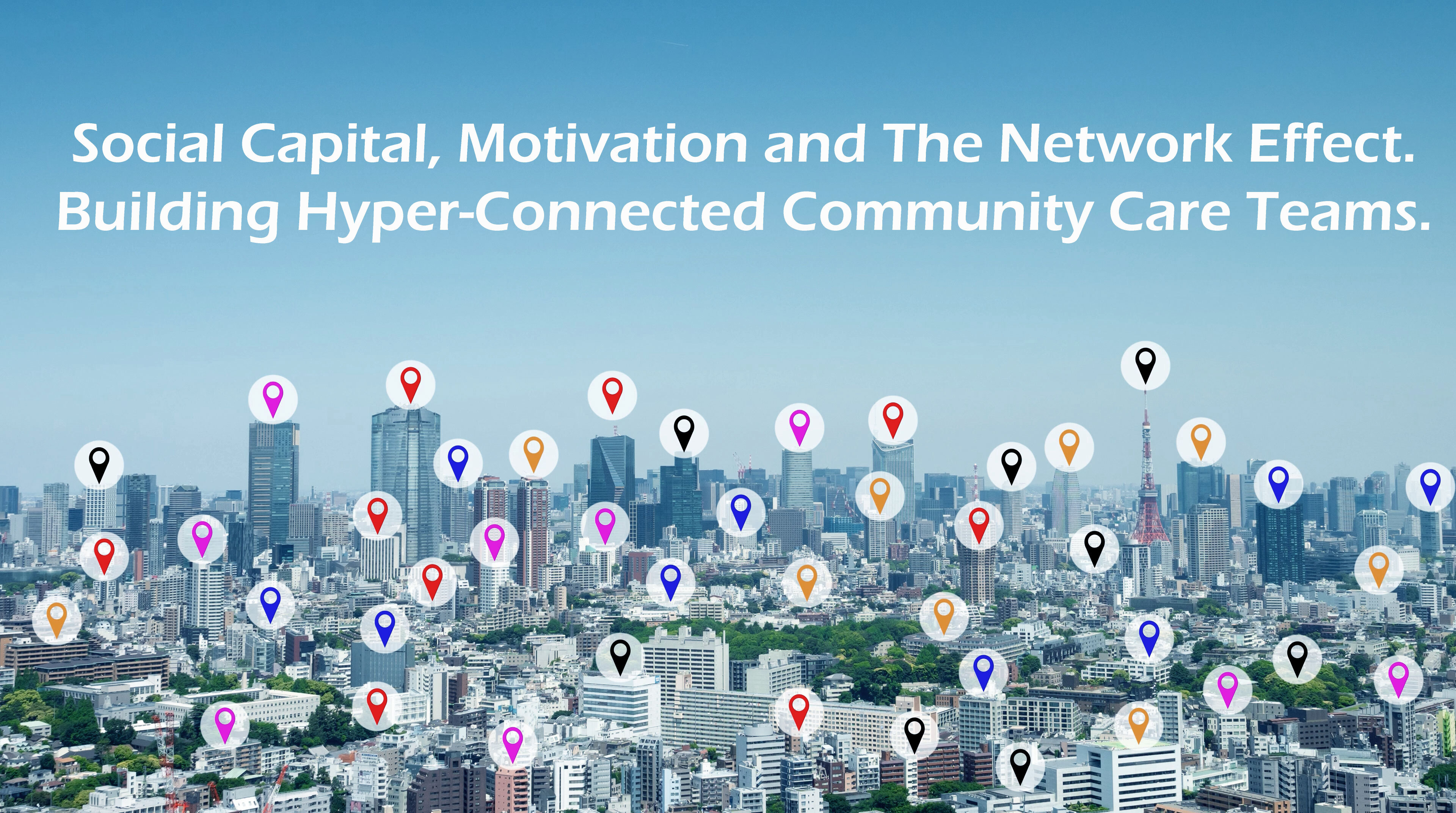Published Date:
Sep 28, 2023
Exclusive
Mental Health
Addiction
Drugs
Can AI Save Value-Based Healthcare?
Why AI is a key value-creator needed for next generation health care
Here's what we're watching this week at edTalk.
Let’s start with this core premise.
"Behind value-based healthcare lies the art of anticipating a patient outcome while deflecting an unanticipated risk of a negative patient outcome. If you can find that probability you can price a benefit, and establish a reimbursement that works. Everything else is just process."
Payers are experts at this. They've long used AI as a key driver, and I would argue that without these deep learning models, getting beyond fee-for-service and razor-thin profit margins we see as providers is impossible.
McKinsey & Company, the global consulting firm, agrees. There is now emerging a new technology infrastructure class that is finally suitable to support the new value-based model of care. Parenthetically speaking, our office has invested heavily in this premise with our Youu Health infrastructure team. What’s pretty clear is that your EHR isn’t going to be adaptable and therefore you’re going to be looking for a new value-based infrastructure in the next two years. In the meantime, you’re going to need to operate in both fee-for-service and value-based care models at the same time.
I first learned about this risk principle on Wall Street. Our investment office was building a bond fund that was highly dependent on risk avoidance. The better we were able to deflect risk the higher our financial rating and the more sellable our bonds – and so forth. To get the highest possible rating we had to build an insurance product - and re-insurance company - from scratch. If for some reason our projections failed our bonds wouldn’t. This is not dissimilar to how payers view healthcare claims today.
Today’s healthcare system is about big data science. Even the smallest providers are going to be pulled into this value vortex soon. You can see why AI is particularly suitable. Yes, outcomes are important. Yes, cost is another. But, fundamentally, it’s how likely you are to predict future risk that shapes the science of your future in healthcare – just like our friends in the risk markets upstream. It’s the language of payers. Learn to love it.
Unfortunately, providers don’t do risk well. But payers do and that gives them an advantage. Artificial intelligence, specifically machine learning and deep learning networks, are going to become commonplace inside your everyday practice. It’s not the unpredictable AI language models (e.g. ChatGPT) everyone is buzzing about but the deep learning ones you’ll find most useful. It’ll use your patient data and combine it with outside layered data pools to help you anticipate an outcome and help you price your contract with a payer. In your immediate future you’ll use smart contracts that trigger payments automatically. Those contracts will track outcomes derived from infinitely configurable real-world data measures you and your payer can agree upon. Your payer will get immediate patient goals and milestones achievement reporting electronically. You will participate in seamless accountable care groups where patient data moves around among care teams. This will be deliverable this year.
Value-based care has a lot of moving parts. So many in fact, that there are few infrastructure platforms yet developed to make it practical and affordable. Your EHR isn’t designed for it. It’s going to be as the analogy suggests, “one foot in the canoe and the other on shore” for a while. Our folks over at Youu Health are leading on the infrastructure for value-based care and they’ve made some interesting discoveries about what matters with health outcomes.
Downstream there’s the real health care world that operates under the axiom that “when the patient is happy, the provider is happy”. That’s real value. But, what about the payer?
Let’s face it, “happy” isn’t an appropriate measure for a payer. A payer is merely obligated to pay. To satisfy a payer the policy’s obligor (the entity that owns the risk) must have a policy underwritten well enough so they’re happy to keep more of their premium income -- the income you usually want more of.
If you unpack value-based care where patient outcome risk is predictable and shared, it comes down to how well you as a provider can manage that obligation. Done expertly, attention to risk for tomorrow’s provider is the key driver of how wealth will be distributed among providers in the future.
McKinsey also predicts that early adopters of value-based care models will out-perform financially and with better quality of care and increased enterprise valuations of 2%-20% for their practices. In fact, current private equity investments now favor, by a factor of 300%, value-based providers vs. investments in traditional facility investments indicating that value-based models’ capitalization will increase valuations $1 trillion by 2030.
Here are three things you should consider:
Set your clock. If you aren’t an adopter of value-based care, you will be.
You should start planning now. Within the next couple of years, your fee-for-service options will become more limited. By 2030, fee-for-service will be exotic. You’ll be expected to share some level of risk or settle for reimbursement rates that aren’t likely to keep up with inflation – which is forecasted to continue for the foreseeable future. Adopting a plan now will attract payers as valuable partners who want the same goals for healthcare as you; better quality, lower costs, wider access and better patient outcomes.
There is a way forward so start now and avoid the noise
Avoid the temptation to accept the rhetoric that you’ll need two years of data before a payer will work with you to increase your profitability. With the right plan and the right infrastructure, you’ll teach payers about your risk and work together to design your own goals for value. You’ll free yourself from the burdensome fee-for-service billing workflows and get more time with the patient.
You’ll be investing in a new infrastructure. Your EHR isn’t going to work.
Value-based care infrastructure has evolved into a healthcare landscape of its own. There is an emerging infrastructure specially designed to support it and in some cases these infrastructure tech companies will enable you to wrap you fee-for-service EHR while you transition to a new reimbursement model and other digital care models of the future. Look for organizations that are contributing to systematic changes that improve quality of care and outcomes while better controlling costs under this new model.
Can AI save value-based care? That’s something that will play out over time. AI can already analyze more complex patterns that may not be readily apparent to human analysts, such as the relationship between seemingly unrelated variables. Additionally, AI technology is designed to improve over time as it analyzes more of your data, making its predictions more accurate.
So, perhaps we’re at an inflection point where new infrastructure and AI are going to help us realize the vision and save value-based care.
So, we'll be listening and talking edTalk. See you next time.
Other Blogs
The Plan No One Sees Coming—But Soon Will
Exclusive
Mental Health
Addiction
Drugs

Ant Pheromone Study May Improve Mental Health Outcomes
Exclusive
Mental Health
Addiction
Drugs
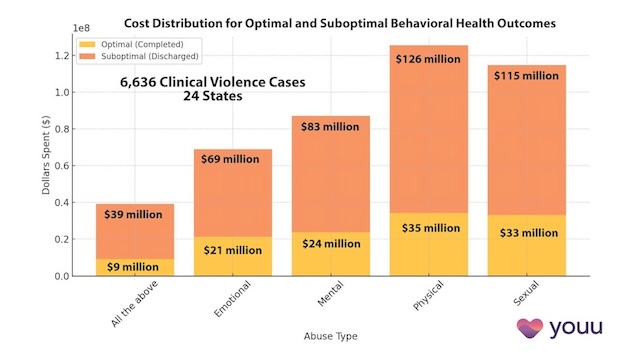
Interrupting Violence Should Be Irresistibly Investable
Exclusive
Mental Health
Addiction
Drugs
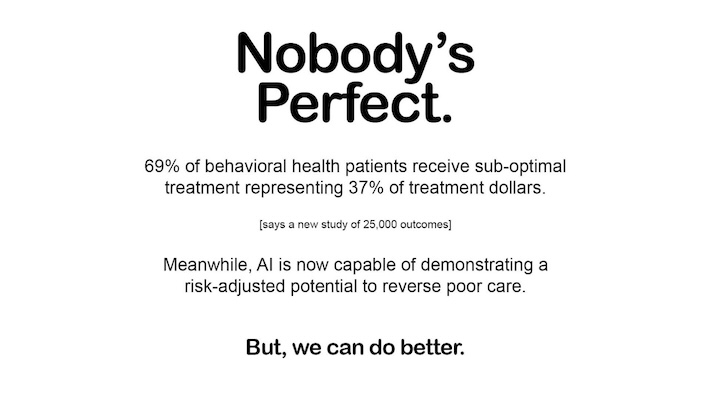
69% of Behavioral Health Patients Receive Sub-Optimal Care According to a New Analysis
Exclusive
Mental Health
Addiction
Drugs
Other Blogs
Have Questions? Lets Meet
Select a time you like to meet with us
